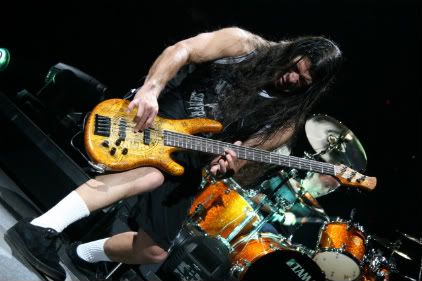

METALLICA bassist Robert Trujillo and Rollingstone.com hooked up for a discussion that mainly covers Trujillo‘s upcoming Jaco Pastorius documentary, ‘Jaco: A Documentary Film‘. Produced by Trujillo in association with Passion Pictures, the film includes some incredible insights from an array of artists (Flea, Joni Mitchell, Sting, Wayne Shorter, Herbie Hancock, Geddy Lee, Bootsy Collins, Carlos Santana) as well as Jaco’s family, and friends. It unveils the story of his music, his life, his demise, and ultimately the fragility of great artistic genius. The diehards will also be fascinated by the exchange that did take place at the end of the compelling Q&A regarding the long-awaited follow-up to “Death Magnetic” album.
RS: Why is Jaco’s playing special?
RT: Jaco was incredibly funky, but he could also be really, really heavy; he had a lot of growl and edge to his sound. I loved the way he is able to still have his unique sound – and his dynamic presence is felt through his instrument – but at the same time, he’s melodic, which is very rare for a lot of players, bass players especially.
What was so special for me was experiencing the music live and then discovering what he did with Joni Mitchell and Ian Hunter and of course his second solo album. He could do a song like “Teen Town,” which was really aggressive, and it’s just bass and drums – in fact, he’s playing drums on that song, too, which is crazy – then he’d do a song like “Portrait of Tracy,” which is a composition he created from harmonics. Chords on harmonics? On a bass? Who had ever heard of that?
RS: What’s the best starting point for people just discovering Jaco?
RT: Listen to the song “Come On, Come Over,” because I think it’s important to connect with the style of Jaco as a funky player. He was almost percussive with his fingers on the instrument, and it’s a very unique sound and that’s why players like Flea from the Chili Peppers, Geddy Lee and myself are drawn to him; his technique was really special. That’s the head-bopping, funkafied dance track that people should listen to and then, if you want to get into his abilities as an innovator in technique and everything, listen to “Portrait of Tracy.” To me, that’s like what Eddie Van Halen did with “Eruption,” but for bass. Also, “Havona” is a good one by Weather Report and then, if you’re into rock, “All-American Alien Boy” by Ian Hunter. That last song might possibly be one of the best bass solos that anyone’s ever heard.
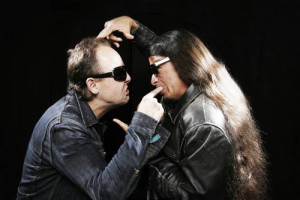
RS: Why is it harder for bassists to be recognized as virtuosos like guitarists?
RT: Traditionally, the role of the bass player was just to keep things simple and solid, so it’s really a special thing when you can get a player that can actually bring in a lot of presence, and also a visual presence, too. Like, Cliff Burton with Metallica: that was a big deal. He was taking an instrument and bringing something different to heavy metal. I think that’s innovative, and to me, that’s what makes it special.
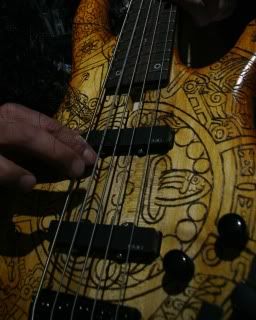
I had a band called Infectious Grooves back in the Nineties. That music was really a mixture of styles, and we had some stuff that was punk rock, ska, but then we had a lot of funk in there. The funk was coming from James Brown, but it was also coming from Jaco Pastorius. I was the main writer in Infectious Grooves, and my influence was really heavily influenced by Jaco, and here we’re writing this crazy music that people are moshing to. On my end, it was all coming from him. Of course my other big influence is definitely [Black Sabbath’s] Geezer Butler; you can’t go wrong between Geezer Butler and Jaco Pastorius.
RS: Did you ever meet Jaco?
RT: I didn’t meet him but I had a personal encounter with him. I was at a guitar show in Hollywood in 1985, and each room of the hotel it was in was sponsored by a different music company, like Fender, Gibson, amp companies, whatever. I was in this one room and all the sudden I heard this really loud, irritating sound that was just shaking the walls and the windows. Everybody was like, “What the hell’s going on?”
I walked in the room, and it’s Jaco playing a bass, but it was just crazy. I sat in front of him a few feet away. Within a minute or two, the room was packed. He looked us all in the eyes, and it was almost like the statement was made. He wasn’t smiling, he wasn’t saying anything, but he was looking at us pretty intensely like, “Yes, I’m here. Check me out. I can still kick your ass.” It was a very powerful moment for me.
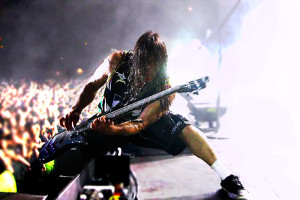
RS: Where were you when you heard Jaco had died?
RT: I was in the studio when I found out. A lot of bass player friends of mine were actually dressing in black in honor and showing respect for Jaco. And again, these weren’t jazz musicians; these guys were just really into bass. Us bass players really bonded and were genuinely sad by what had happened to him, especially through the Eighties when you heard a lot of Jaco stories that were sad and that he was not doing so well. When I saw him [at the guitar show], he was not doing that great, and he was a bit of a mystery and then there he was.
RS: It seems like you’ve put a lot of time into this film.
RT: It’s been five years now. It’s cost me a lot of money. I know a lot of people think, “Oh, you’re a rich rock star.” We actually had to raise money to make the movie. I spent nearly $800,000 out of my pocket. I always say, “Hey, I’m in Metallica, but I wasn’t on the Black Album.” I don’t want people to get the wrong idea about Robert Trujillo, but I am driven by passion and that’s what this film is about. It’s about me wanting to share my influence. I think the general public doesn’t understand documentaries take a lot of passion and a lot of time, like the adventure I’ve been on for Jaco Pastorius for the past five years. My director, Paul Marchand, turned down films to finish Jaco.
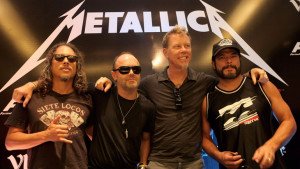
RS: What’s going on with the new Metallica album?
RT: We’re working on these songs and we’re having a blast. We are being productive and having fun.
RS: What do these songs sound like?
RT: It’s sounding like Metallica [laughs].
RS: Does it feel like an extension of Death Magnetic?
RT: I can’t say that yet. I really can’t relate it to any album; I think every Metallica album is unique in its own way. What we’re doing is special and unique in its own way, but still keeping it heavy. For me as a listener, part of the journey I’m on with Metallica, there’s just a certain edge that needs to be there. Before I even joined Metallica, I used to train for tours, when I was in Suicidal Tendencies, to Ride the Lightning. There’s nothing like jogging the trails to, like, “Fight Fire With Fire.” I can tell you that what we’re doing sounds heavy, but again each album is its own little experience. So we’ll just have to wait and see.
https://www.facebook.com/Metallica

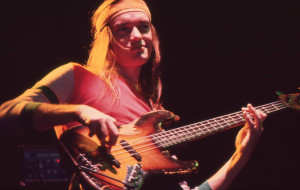
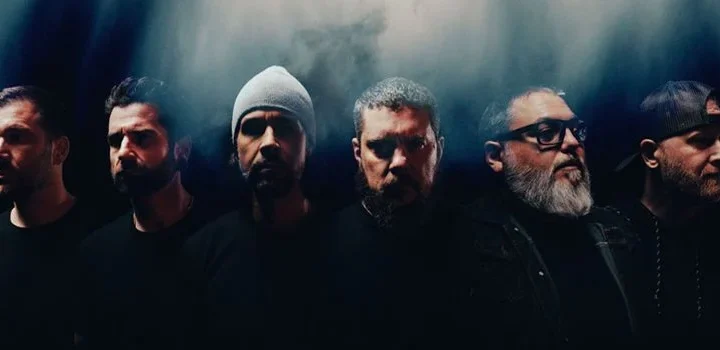
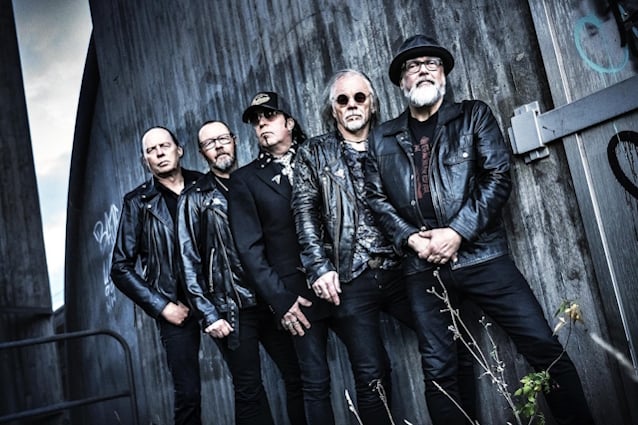
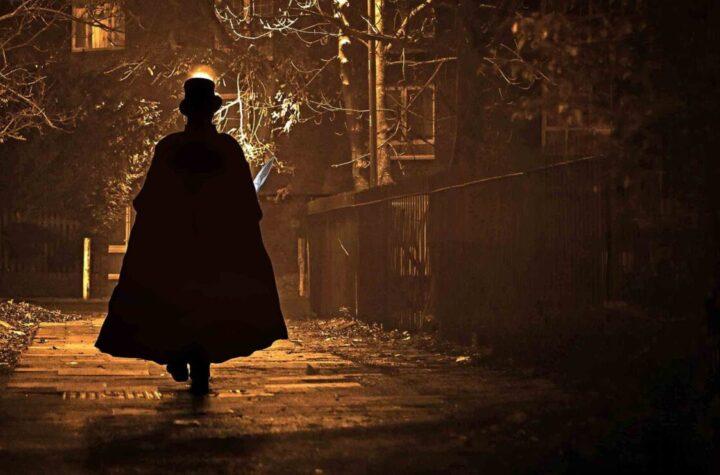

More Stories
Rocket Interviewed by Kristy Roxx of The Pit Press! (AUDIO)
ROCKET Interviews Vince Meal
ROCKET Interviewed by FM Rock Radio Station WQEE 99.1 (6/5/2024)